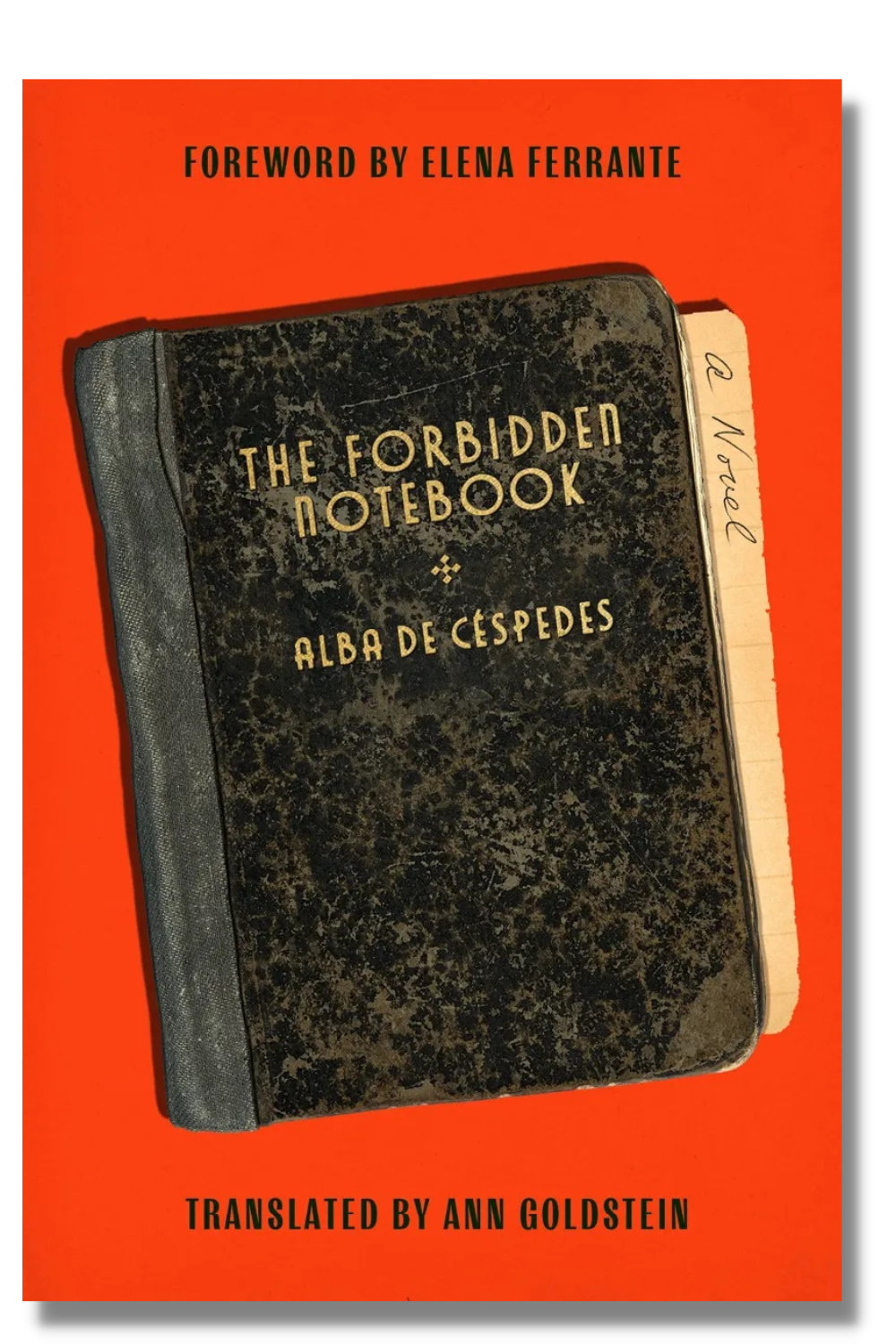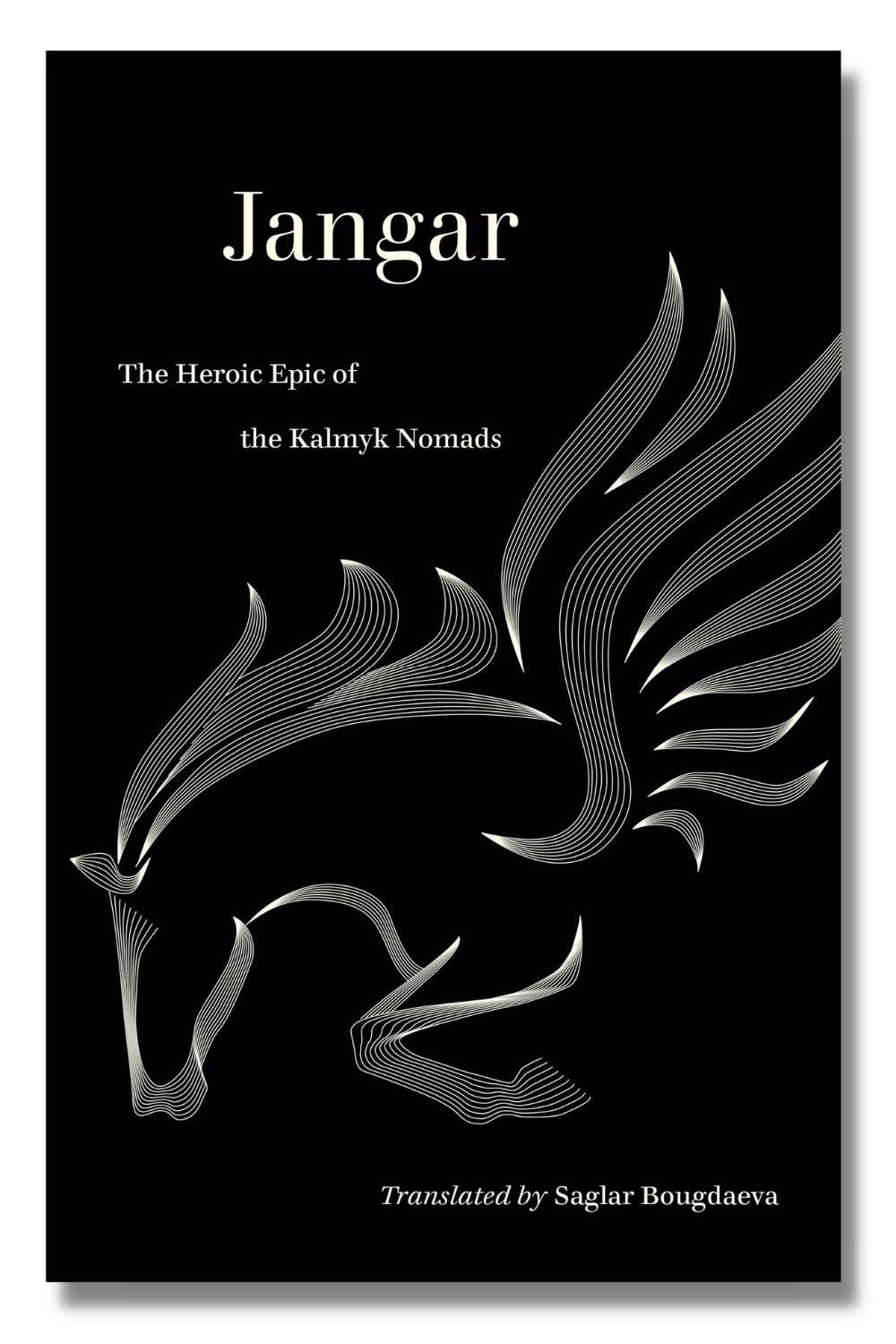From Open Letter Books | Bariloche by Andrés Neuman, translated from the Spanish by Robin Myers | Fiction | 186 pages | ISBN 9781948830621 | US$16.95
What the publisher says: “Demetrio Rota, a garbage collector from Buenos Aires, sleeps in the afternoons and assembles puzzles at night before leaving for work. His daily life seems mediocre and he keeps his balance through sheer exhaustion. However, through the puzzles, Demetrio inspects and sorts through his own memories from the mysterious land of Patagonia.”
What On the Seawall says: “Neuman punctuates Demetrio’s life and recollections with well-considered details, but it is how he expresses them—and particularly here how Myers has chosen to translate them—that makes Bariloche so endlessly satisfying. Nearly every chapter starts with a sentence that acts as a beacon to any readers whose attention has lingered on the just-concluded prior chapter.”
What I say: Some novels give you a fine sensation of place. Bariloche goes above and beyond that, creating a kind of sensory overload that makes the prose feel both lived-in and alive: “Alongside the truck, which gave off a warm stench of engine and residue, of orange peels and old yerba mate and fuel, Demetrio Rota and his shift partner trembled with arctic indifference.” But this novel also doesn’t stint on character development, as Neuman charts the fraught connections between the characters circling one another throughout its pages.
From Hoopoe | The Disappearance of Mr. Nobody by Ahmed Taibaoui, translated from the Arabic by Jonathan Wright | Fiction | 128 pages | ISBN 9781649032140 | US$16.95
What the publisher says: “A raw, lyrical portrait of life on the margins in contemporary Algiers, this haunting noir captures an underworld of police informers, shady imams, bootleg beer traders, and grave robbers, and reverberates with echoes of Algeria’s violent past.”
What Publishers Weekly says: “Algerian writer Taibaoui makes his English-language debut with an acerbic noir involving a strange disappearance and a detective’s existential quest. . . . Though Taibaoui’s prose can be overheated, the narrator delivers an occasional pearl (“Disappearing is more generous to one’s self than a phony and deceitful existence with distorted features”).”
What I say: The Disappearance of Mr. Nobody begins with a rush of miscommunication, as an elderly man waxes paranoid and his caretaker expresses his frustration with the situation he finds himself in. This is a novel that situates the reader amid an ever-changing landscape, both literally and figuratively, which echoes the disconnect felt by many of its characters.
From Astra House | The Forbidden Notebook by Alba de Céspedes, translated from the Italian by Ann Goldstein | Fiction | 288 pages | ISBN 9781662601392 | US$26.00
What the publisher says: “Valeria Cossati never suspected how unhappy she had become with the shabby gentility of her bourgeois life—until she begins to jot down her thoughts and feelings in a little black book she keeps hidden in a closet. This new secret activity leads her to scrutinize herself and her life more closely, and she soon realizes that her individuality is being stifled by her devotion and sense of duty toward her husband, daughter, and son.”
What Kirkus says: “De Céspedes deftly charts the widening gap between Valeria’s increasingly desperate inner life and the roles she feels forced to play in a feminist novel that consistently calls into question the ways its narrator makes sense of her claustrophobic domestic world.”
What I say: There’s a long tradition of fiction wrestling with mid-twentieth-century middle-class anomie, and it’s in this context that Alba de Céspedes’s The Forbidden Notebook can be neatly situated. But there’s also something about this book that feels furtive, including the title and the conceit behind it—i.e., that this is the record of a frustrated woman who’s been writing her thoughts in secret. It’s the kind of lively narrative in which part of the writer’s compositional skill is creating that sense of unpredictability, and the novel is all the stronger for it.
From University of California Press | Jangar: The Heroic Epic of the Kalmyk Nomads, translated from the Kalmyk by Saglar (Saga) Bougdaeva | Poetry | 264 pages | ISBN 9780520344723 | US$19.95
What the publisher says: “Although their famed khanates and cities have long since disappeared under the sands of the Great Eurasian Steppe, the Kalmyks have witnessed, memorized, and orally transmitted some of the most transformative developments, both victorious and tragic, in the history of civilizations. A tribute to the protectors of the mythical country Bumba, Jangar reflects the hopes and aspirations of the Kalmyk people as well as their centuries-long struggle for their cultural existence.”
What Professor Emeritus Jerome Rothenberg says: “This translation opens up for an English-reading audience a major work preserved through oral transmission over centuries and despite suppression by outside imperial powers. Standing alongside other traditional epics such as The Odyssey and Beowulf, Jangar is a unique work of the oral imagination with stunning characteristics, both fantastic and surreal, of its own.”
What I say: Sometimes the history behind a story can be as fascinating as the story itself. That’s very much the case with Jangar, a heroic epic told for generations by the Kalmyk people, as the introductory texts in this new volume show. But it’s also a thrilling and evocative story in its own right, with passages that veer past the fantastical and into the realm of myth: “The energy of twelve lions was in his body; / The power of twelve thousand witches / Was in his calves.”
Copyright © 2023 by Tobias Carroll. All rights reserved.
Looking for more reading suggestions? Check out Tobias Carroll’s recommendations from last month.
Disclosure: Words Without Borders is an affiliate of Bookshop.org and will earn a commission if you use the links above to make a purchase.
















